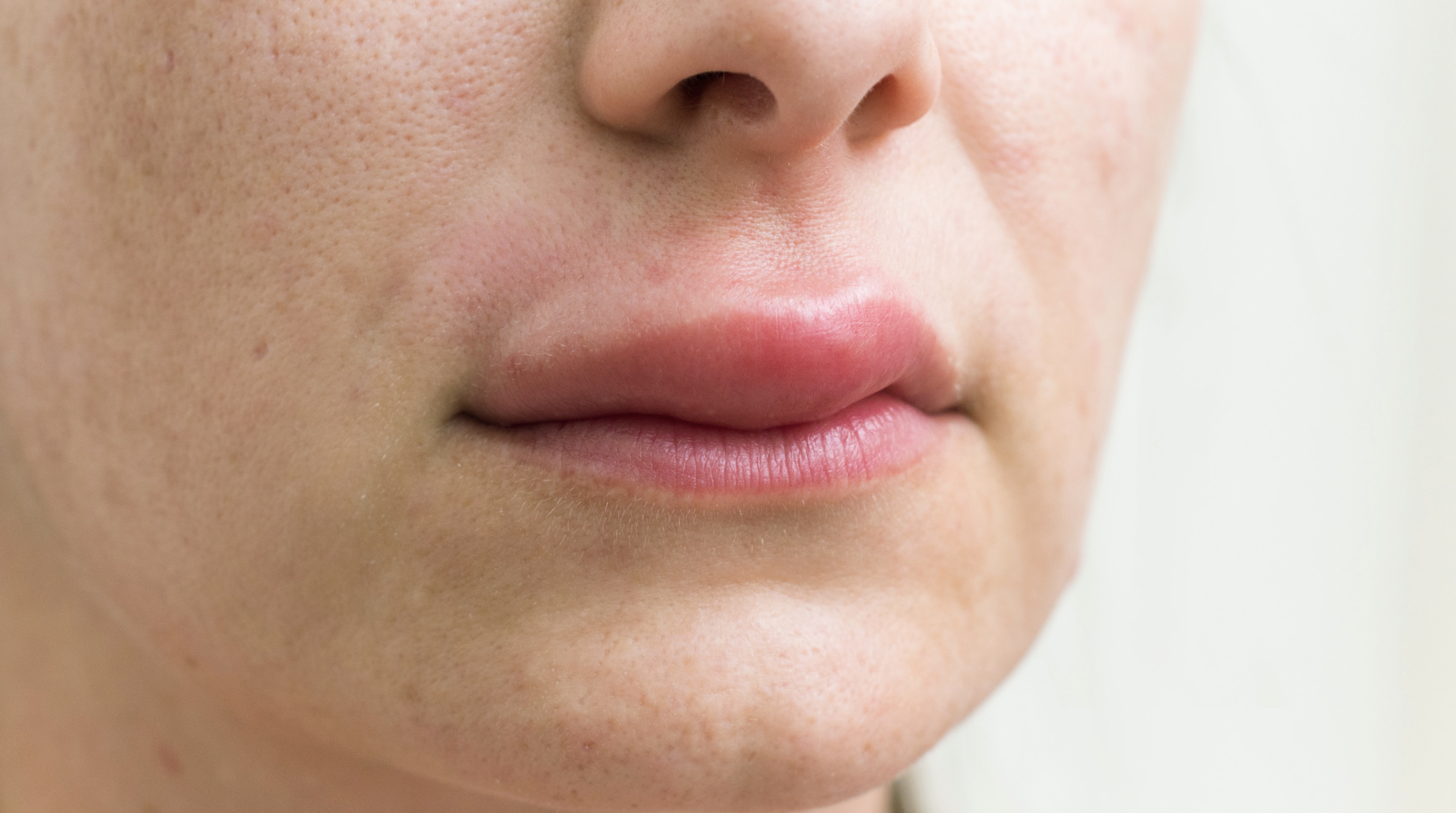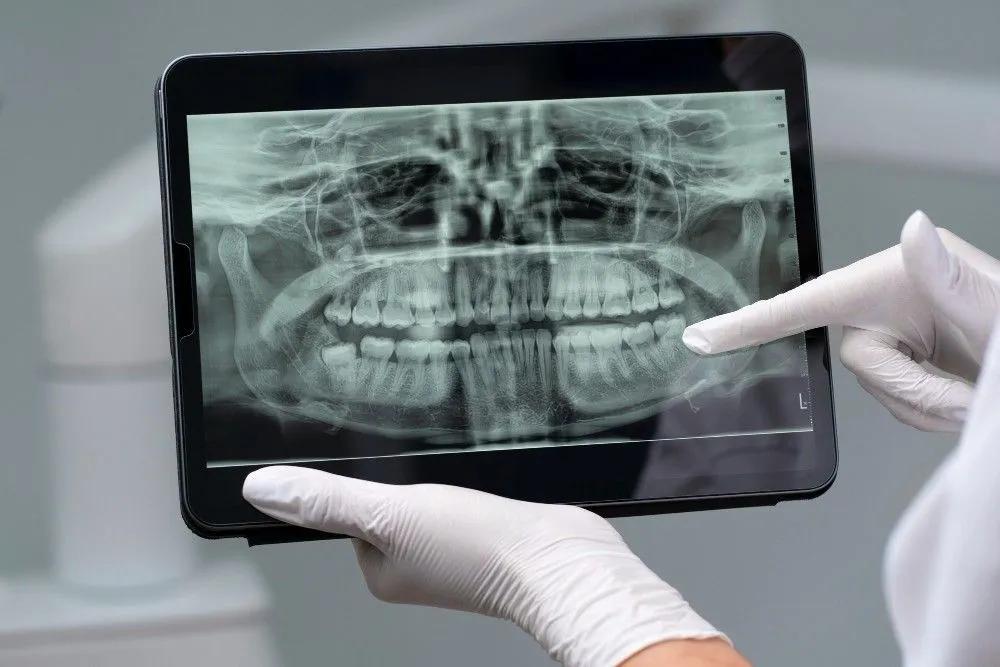Have you recently undergone a dental procedure or a minor surgery, and are concerned about the Lidocaine effects? This fast-acting local anesthetic is known for blocking pain, but how long does Lidocaine last? Understanding how long it provides the relief can help you prepare ahead and ease the concern. Explore the blog and learn how long the effect of this medicine lasts.
How Long Does Lidocaine Last?
Let’s break down how long the effect of Lidocaine lasts based on its formulation:
Formulation | Onset of Action | Duration of Effect |
|---|---|---|
Injected Lidocaine (without epinephrine) | 2 to 5 minutes | 30 to 60 minutes |
Injected Lidocaine (with epinephrine) | 2 to 5 minutes | 90 to 120 minutes |
Topical Lidocaine Cream or Gel | 20 to 30 minutes (after application) | 30 to 60 minutes after removal |
Lidocaine Patches (like, 5% patches) | 30 to 60 minutes | Up to 12 hours |
In general, the effects of lidocaine injections last for 30 minutes to 2 hours, and the topical formulation offers shorter but effective relief.
Factors That Affect the Duration of the Effects of Lidocaine
The duration of Lidocaine's effects can vary based on the following factors:
Type of Anesthetic: Normal Lidocaine lasts for 1-2 hours, while Lidocaine with epinephrine can extend the numbing effect to 2-4 hours by slowing down its absorption in the bloodstream.
Dosage and Concentration: Higher dosage and stronger concentrations might lead to a longer numbness effect of Lidocaine.
Injection Site: Areas with increased blood flow (such as the face) may experience a shorter numbness effect than areas with lower blood flow (like, back part of the mouth).
Metabolism: Individuals with slow metabolism can gradually break down the anesthetic, prolonging the numbing effect of Lidocaine.
What Happens When Lidocaine's Effect Wears Off?
As the anesthetic effect of Lidocaine subsides, you may start feeling a gradual return of sensation. This process includes tingling sensations, described as feelings of "pins and needles". You will start to feel pressure before the sharp sensation returns. This transition will typically depend on the dose and application method used.
Tips for Managing Numbness Effects After Using Lidocaine
Follow these measures to manage the numbness:
1. Avoid Consuming Hot Foods or Beverages
Numbness can make it challenging to judge the temperature. So, be extra cautious, as it may burn your mouth. Wait until the numbness fades completely.
2. Avoid Chewing Food
Avoid eating the food until the numbness has fully subsided to prevent accidental biting of your lips, cheeks, or tongue, which can lead to injuries. Children especially need to be properly supervised.
3. Avoid Sucking Actions
Do not smoke or use a straw, as they can interrupt the healing process, particularly if you have undergone a tooth extraction or surgery.
4. Do Not Touch or Poke the Numb Area
Though it may be tempting to touch the numb area, doing so repeatedly can cause damage or injury without realizing it.
5. Schedule Your Surgery Accordingly
If possible, plan your dental procedure or surgery involving the use of Lidocaine so that you can rest afterward, or do not consume food immediately.
Precautions Before Taking Lidocaine
If you have any of the following conditions, you must inform your doctor beforehand to avoid any health complications:
Issues related to the heart
Skin infections, damaged or cut skin
Allergic reactions to Lidocaine or its ingredients
If you are pregnant or breastfeeding
Lidocaine Side Effects
Lidocaine does not usually have intense side effects, but according to MedlinePlus, the following might show up in some individuals:
Allergic reactions in the skin, like rashes, itching, and swelling in the lips, face, or tongue.
Issues in breathing
Changes in vision
Dizziness, confusion, or restlessness
Drowsiness
Fever accompanied by headaches
Irregular heartbeat
Nausea and vomiting
Tremors
When to Contact a Dentist?
While numbness is the normal effect of Lidocaine, see a dentist if you experience:
Numbness that lasts for more than 24 hours.
Extreme pain, swelling, or discharge around the treated area (can indicate infection risk).
Allergic reaction, like breathing difficulty, itching, or rashes (need immediate medical attention).
Bleeding that does not subside
Note: If in doubt, contacting a dental professional is the best course of action.
Final Takeaway
So, how long does Lidocaine last? The effects of lidocaine injections last for 30 minutes to 2 hours, and the topical formulation offers shorter relief. The duration can vary based on the application method, addition of epinephrine, dosage, injection site, and metabolism. Understanding the safe use of Lidocaine can help manage the pain and plan your medical or dental procedure.
Always follow the post-procedure instructions given by your dentist, take precautions to avoid injury, and contact the medical professionals if you have any concerns about longer numbness or other symptoms.
See Also: How long does lignocaine last
Frequently Asked Questions
What does Lidocaine do?
Lidocaine is an anesthetic used to numb an area after a medical procedure or to provide relief from pain by numbing the area.
What are a few common brands of Lidocaine?
Common lidocaine medications available in the market are under names such as Proctocalm, Ligonheal, and Xylocaine.
What is the dosage of Lidocaine to be used?
Lidocaine dosage should not exceed 1.2 ml at a time. Apply a cotton swab on the required area and reuse it as needed. Ensure a gap of two to three hours between each dosage.
Is Lidocaine safe?
Yes, Lidocaine is a safe medicine commonly used by medical professionals
Does lidocaine make you sleepy?
Yes, lidocaine sometimes makes you sleepy.
How long does lidocaine last in mouth?
Lidocaine lasts somewhere between 20 minutes to 90 minutes in mouth.
How long does lidocaine take to wear off?
Lidocaine takes almost 2 days to wear off.
Will I feel pain when the lidocaine's effect wears off?
Yes, some people may feel mild pain. But this is the typical wearing-off process rather than an issue.
Can I drive after receiving lidocaine?
Yes, you can drive. But if you feel lightheaded or drowsy, the best advice is to avoid driving and wait until the effects fade away.
-User-1754377709.png)
Reviewed by







